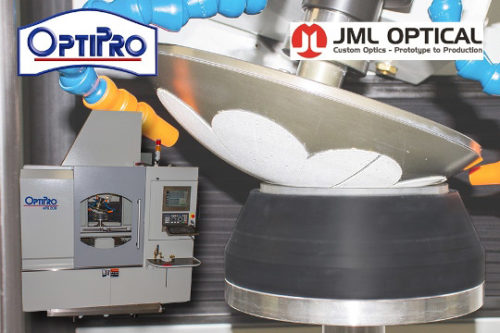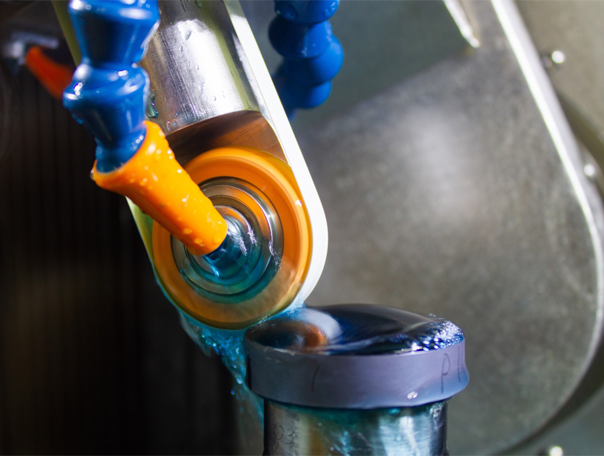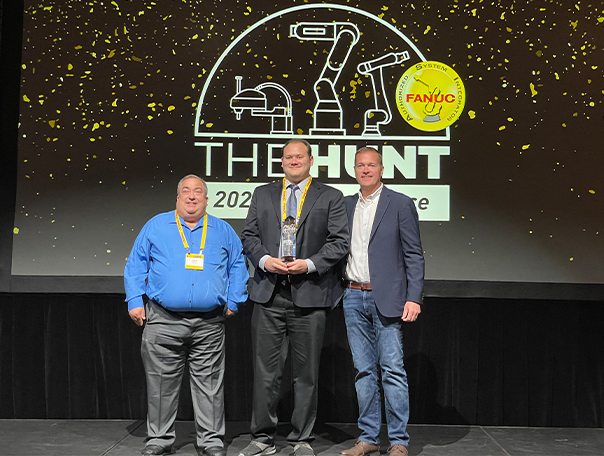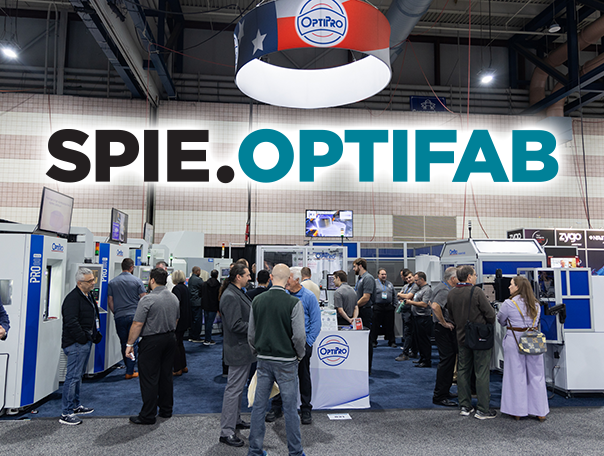An OptiPro Systems and JML Optical Case Study
JML Optical Company Profile
 Founded in 1972, an integrated designer and maker of precision optics serving all industries that use imaging optics including defense, medical and bio-medical diagnostics, life science research, metrology, and biometrics
Founded in 1972, an integrated designer and maker of precision optics serving all industries that use imaging optics including defense, medical and bio-medical diagnostics, life science research, metrology, and biometrics- Vertically integrated manufacturing company that provides designing, manufacturing, coating, and metrology services for precision optics
- Manufactures spherical and plano precision optics from prototype to production volumes
Challenge
After receiving an order for 550 pieces each of two different part numbers, JML Optical would not be able to meet the commitment to their customer if the job was executed with older technology. Due to the high volume of this order, the company was in need of innovative manufacturing equipment that would increase throughput and quality of their products.
Technical Situation
JML Optical, similar to many companies in the precision optics manufacturing industry, utilizes conventional polishing equipment in-house. Because the polishing time to complete each part with conventional equipment is significant, this type of equipment is not ideal for high volume production of plano and spherical optics. In addition, conventional polishing equipment has a low repeatability rate in terms of part-to-part quality due to the fact that grooves in the polishing pitch must be recut frequently. In order for JML to confidently take on jobs with quantities in the hundreds and achieve high precision tolerances consistently, the company would need to invest in a cutting-edge manufacturing solution.
Solution
After performing an assessment of JML Optical’s current business objectives, OptiPro concluded that the ePX 200 CNC high speed polishing machine aligned perfectly with the company’s goals. A two-day proof-of-concept was performed free-of-charge to legitimize the potential return-on-investment of the ePX 200 prior to the purchase of the machine. After installation of the ePX 200, two days of thorough training was provided to JML Optical to ensure the company would get the most out of their new investment.
Impact
According to Steve Burton, Director of Manufacturing at JML Optical:
“Purchasing the ePX 200 has turned out be one of the best decisions JML has made.
One of the lenses we have been manufacturing has a 57.289 convex radius across a 100.00mm diameter. We have been able toreduce our polishing time to gray this part out from two hours to twenty minutes, and the repeatability of the polisher has allowed us to achieve a half wave of irregularity consistently.
We are having even better results on the other part, which is a 169.217 convex radius across an 86.50 mm diameter. On this part, we are not only able to gray the part out but maintain our final radius, irregularity, and cosmetics in a twenty-five minute cycle time.
These are just two examples how the ePX 200 CNC polisher has helped JML decrease our polishing times while increasing quality, our capabilities, and our ability to meet or beat our customer needs.”
JML Optical purchased the ePX 200 as well as the eSX 150 optical grinding machine in July of 2012. The return-on-investment of the two machines was so significant that the company purchased two more machines just six months later: the PRO 80 GTS optical grinding machine and PRO 80P high speed spherical polisher for optics up to 80 mm.




